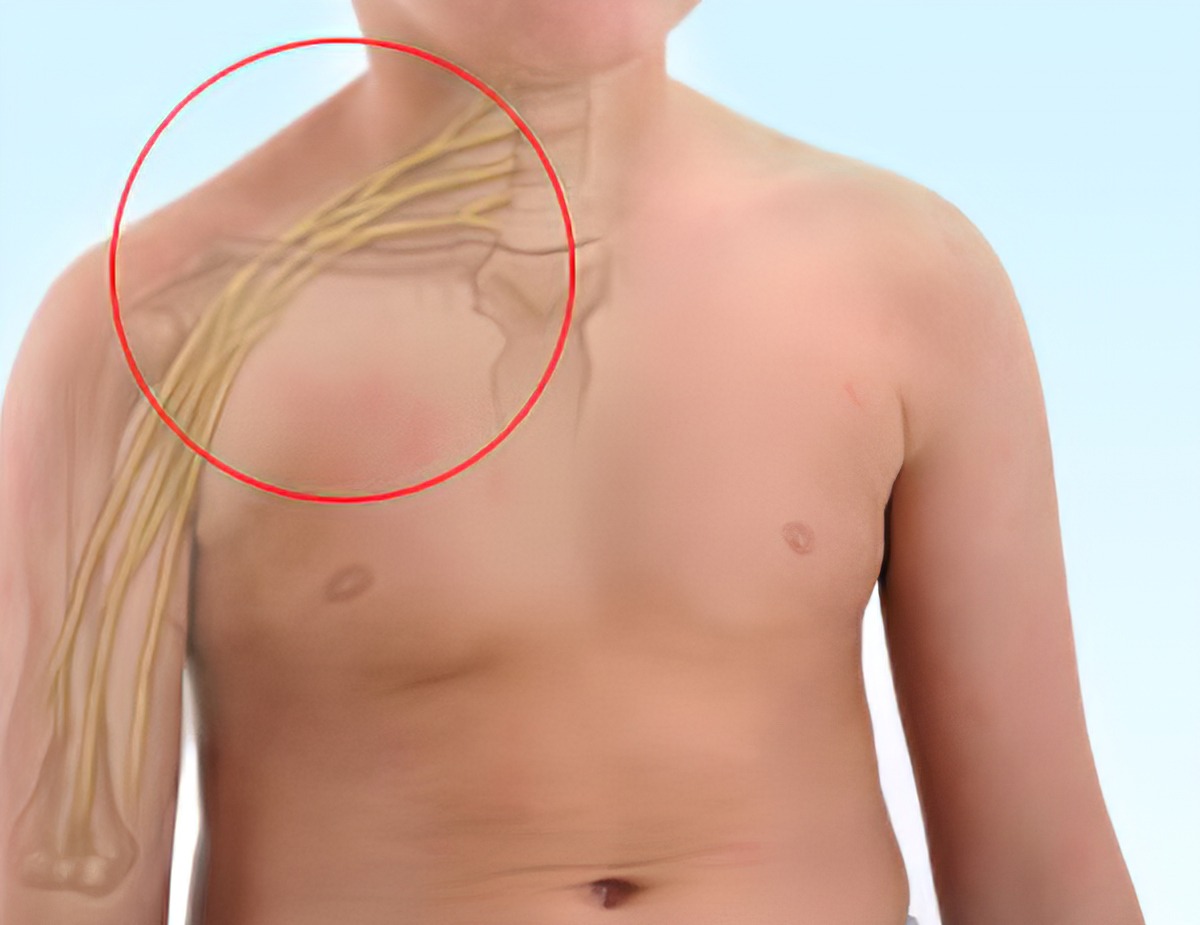
Over View
The brachial plexus is the network of nerves that sends signals from your spinal cord to your shoulder, arm and hand. A brachial plexus injury occurs when these nerves are stretched, compressed, or in the most serious cases, ripped apart or torn away from the spinal cord.
Symptoms
Signs and symptoms of a brachial plexus injury can vary greatly, depending on the severity and location of your injury. Usually only one arm is affected.
Less severe injuries symptoms
- A feeling like an electric shock or a burning sensation shooting down your arm
- Numbness and weakness in your arm
- These symptoms usually last only a few seconds or minutes, but in some people the symptoms may linger for days or longer.
More-severe injuries symptoms
- Weakness or inability to use certain muscles in your hand, arm or shoulder
- Complete lack of movement and feeling in your arm, including your shoulder and hand Severe pain
When to see a doctor
Brachial plexus injuries can cause permanent weakness or disability. Even if yours seems minor, you may need medical care. See your doctor if you have:
- Recurrent burners and stingers
- Weakness in your hand or arm
- Neck pain
- Symptoms in both arms
Causes
Damage to the upper nerves that make up the brachial plexus tends to occur when your shoulder is forced down while your neck stretches up and away from the injured shoulder. The lower nerves are more likely to be injured when your arm is forced above your head.
These injuries can occur in several ways, including:
Contact sports. Many football players experience burners or stingers, which can occur when the nerves in the brachial plexus get stretched beyond their limit during collisions with other players.
Difficult births
Trauma
Tumors and cancer treatments
Radiation treatments to the chest may cause damage to the brachial plexus.
Risk factors
Participating in contact sports, particularly football and wrestling, or being involved in high-speed motor-vehicle accidents increases your risk of brachial plexus injury.
Complications
Given enough time, many brachial plexus injuries in both children and adults heal with little if any lasting damage. But some injuries can cause temporary or permanent problems, such as:
Stiff joints
Pain
Numbness
Muscle atrophy
Permanent disability
Prevention
For yourself. If you temporarily lose the use of your hand or arm, daily range-of-motion exercises and physical therapy can help prevent joint stiffness. Avoid burns or cuts, as you may not feel them if you're experiencing numbness. If you're an athlete who has experienced injuries to the brachial plexus area, your doctor may suggest you wear specific padding to protect the area during sports.
For your child. If you're the parent of a child with a brachial plexus palsy, it's important that you exercise your child's joints and functioning muscles every day, beginning when your baby is just a few weeks old. This helps prevent the joints from becoming permanently stiff and keeps your child's working muscles strong and healthy.